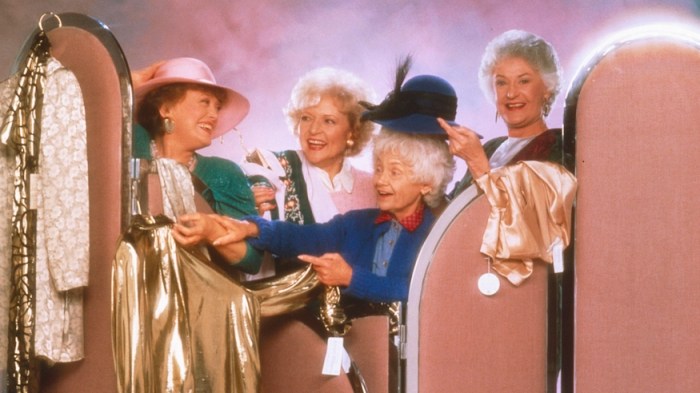In our culture, romantic love all too often is equated with “one true love.” Society’s dominant messages strongly push us to believe that one person will complete us, a la Jerry Maguire. But open relationships also have wonderful ways of showing love, both sexual and platonic, in a way that is equally fulfilling.
Exploring Polyamory: Why you should love the one you’re with — and the one they’re with, too

iStock
To explore this more, I asked several polyamorous people about their relationships with their metamours (essentially, the partners of their partner or partners). I’ll use Cunning Minx, “Polyamory Weekly” podcaster and author of Eight Things I Wish I’d Known About Polyamory: Before I Tried It and Frakked It Up, as an example. She’s in a long-term relationship with LustyGuy, who is married to L; therefore, Minx and L are metamours. In that traditional “one true love” world, they would be rivals. But rather than defaulting to jealousy, poly people expand love to encompass more than one person.
So in Minx, LustyGuy and L’s case, they’ve all gone on vacation together. On “Polyamory Weekly,” Minx told L on the air, “The main reason this relationship [with LustyGuy] has worked for me is because you are so secure.” There’s something heartwarming to me about that, especially because jealousy has been an issue for me in similar situations. The trio also does a weekly relationship check-in to go over any issues that may have come up, something all relationships could benefit from.
There are no one-size-fits-all rules for how much contact to have with a metamour. Rebecca Hiles is married and has four metamours, including her husband’s girlfriend, who lives with them. Of her metamours, she says, “Sometimes we bond almost instantly, and it’s like gaining a new friend. Sometimes it’s like when your best friend has a boyfriend that you’re cordial with, but not close to.”
Visit Philadelphia Citypaper to read the full article: “Love the one you’re with — and the one they’re with, too“


















